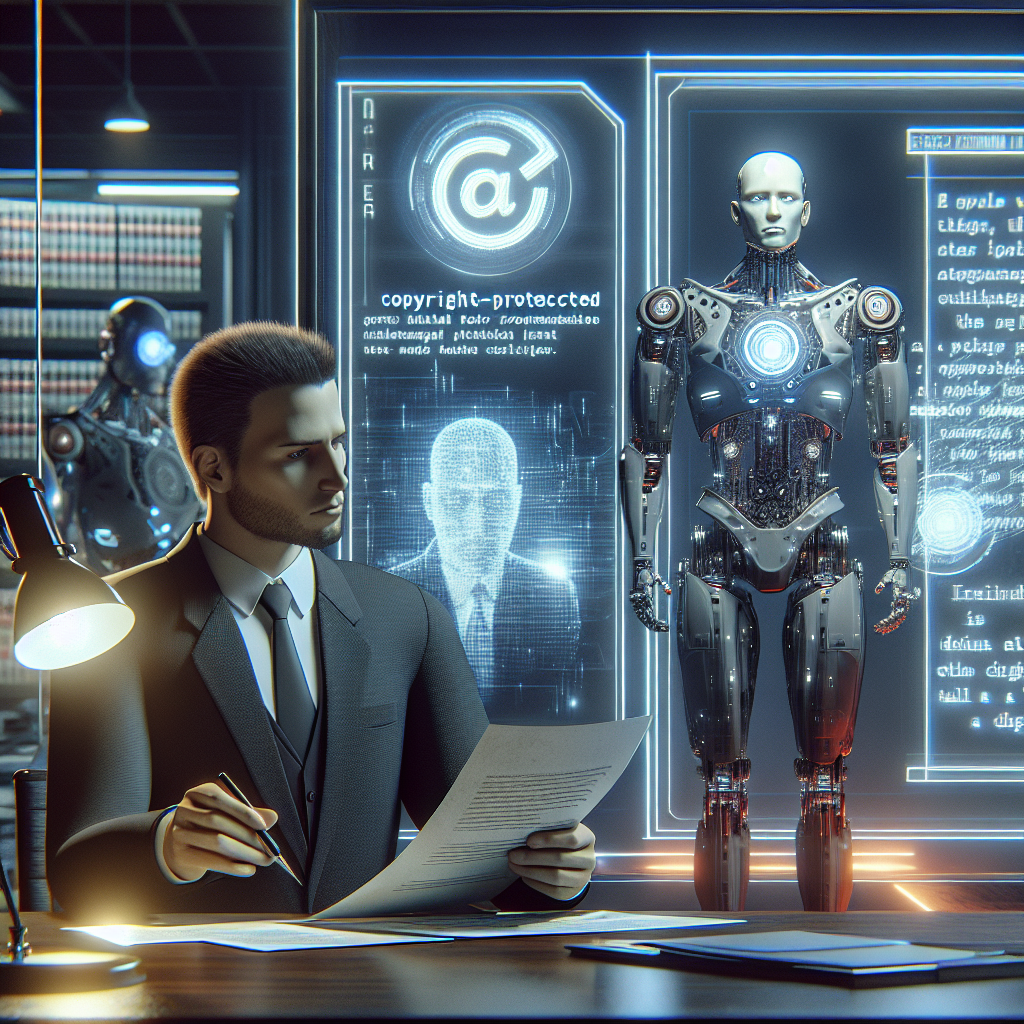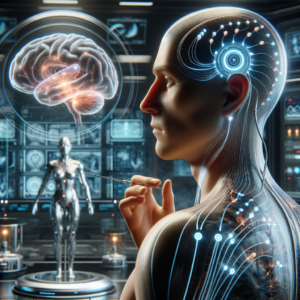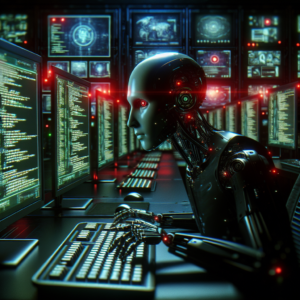EU Accused of Leaving ‘Devastating’ Copyright Loophole in AI Act
The European Union (EU) has long positioned itself as a global leader in the regulation of digital technologies. With the introduction of the AI Act, which aims to oversee the deployment of artificial intelligence across member states, the EU is taking significant steps towards safeguarding users and promoting ethical practices. However, recent critiques suggest that the legislation may not be as robust as intended, particularly regarding copyright issues within the framework of artificial intelligence.
The Nature of the Criticism
The primary concern raised by industry experts and advocates revolves around the perceived loopholes in the AI Act related to copyright infringement. Critics argue that the ongoing evolution of AI technologies, particularly those that generate content using existing copyrighted materials, could create significant legal ambiguities. These ambiguities could lead to the exploitation of intellectual property rights, leaving creators vulnerable.
As AI systems are trained on vast datasets, including copyrighted works, the question arises: who owns the rights to the material produced by these systems? According to the AI Act, there seems to be a lack of clarity on how AI-generated outputs will be treated under existing copyright laws. This oversight could inadvertently enable AI developers to sidestep accountability for the misuse of copyrighted content, leading to a “devastating loophole,” as termed by several critics.
The Impact on Creators and Innovators
The potential fallout from this loophole is significant, especially for artists, writers, and other content creators who rely on copyright laws to protect their work. The ambiguity in the AI Act could dissuade creators from sharing their materials for fear that their works may be used without proper credit or compensation. This can stifle innovation and creativity, as many creators depend on their intellectual property to sustain their livelihoods.
Moreover, the lack of clear guidelines could lead to a rise in legal disputes, as companies leveraging AI technology may encounter challenges when trying to navigate the murky waters of copyright law. Existing laws may not adequately cover the unique aspects of AI-generated works, and without proper regulation, the landscape could become increasingly hostile for those who produce original content.
Calls for Revision and Clarity
In light of these criticisms, many stakeholders are calling for the EU to reassess the AI Act. Proponents of stronger copyright protections argue for amendments that would clarify the rights of creators in the context of AI-generated content. Such amendments could ensure that creators are fairly compensated for the use of their work in AI training datasets, thus fostering a more equitable environment for innovation.
The critics emphasize that the EU has the opportunity to lead the world in setting a precedent that balances the needs of technological advancement with the rights of individuals. By addressing the copyright loophole, the EU can help to create a framework that not only protects creators but also encourages responsible AI development.
The Global Context
The debate around copyright and AI is not confined to Europe. Around the globe, countries are grappling with similar issues as AI technologies continue to evolve. The US, for instance, is witnessing a surge in discussions around copyright reform as it pertains to AI-generated content. The disparities in approaches to AI regulation could lead to a chaotic international landscape, where different countries adopt varying standards of copyright protection.
As the EU moves forward with the AI Act, it must consider the global implications of its legislation. If the EU is to maintain its status as a leader in digital regulation, its actions must set a standard that encourages collaboration and innovation while also protecting the rights of creators.
Conclusion: A Call to Action
The EU’s AI Act represents a crucial step towards regulating artificial intelligence technologies, but it is essential that the framework is robust and comprehensive. The accusations of leaving a “devastating” copyright loophole highlight the pressing need for clarity in legislation that governs AI-generated content.
By addressing these concerns, the EU can protect the rights of creators, promote ethical AI practices, and solidify its position as a trailblazer in digital governance. Now is the time for the EU to act decisively, ensuring that the future of AI is one that respects and honors the rights of individuals while fostering innovation and growth in the digital economy.
In summary, the journey towards effective AI regulation is fraught with challenges, but with a clear vision and commitment to change, the EU can pave the way for a fairer and more sustainable digital future. Creating a balanced approach that protects creators and allows technology to flourish should be at the forefront of ongoing discussions and legislative efforts.



